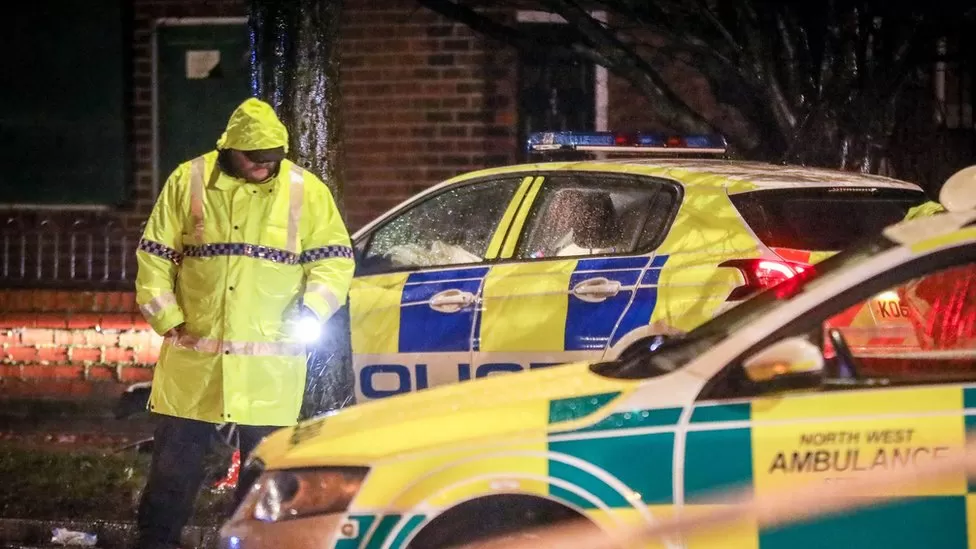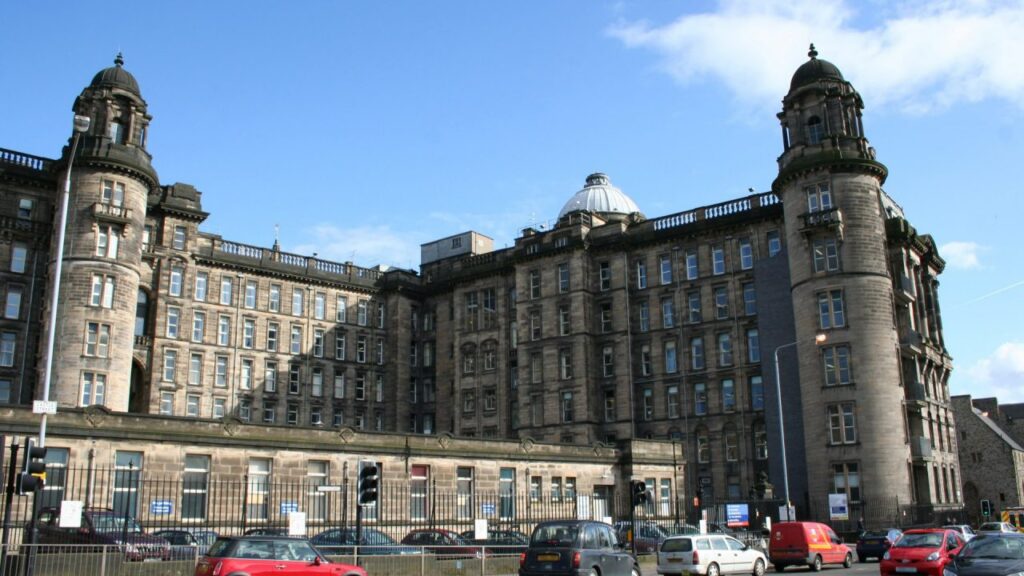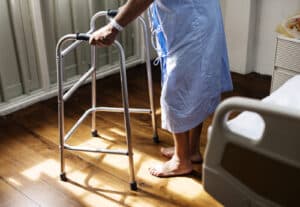Dozens of women whose lives were ruined by mesh implants have contacted the Complex Mesh Surgical Service (CMSS) hosted by NHS Greater Glasgow and Clyde. The manufacturers discontinued incontinence and prolapse implants in 2018 due to life-changing adverse effects.
The Holyrood health committee study, which surveyed 75 women, claims medical practitioners have “all but completely depleted” trust. Several women noted GP referrals and appointment wait times. Some GPs were unaware of mesh problems or autoimmune diseases.
Marian Kenny, a Mesh Survivors Group member from Clydebank, claimed 800 women were members and most had unpleasant experiences. After Edinburgh surgery failed to remove the mesh strip, she paid for a trip to the US to visit Dr. Dionysios Veronikis. She feels better since seeing Dr. Veronikis.
NHS Greater Glasgow and Clyde appreciated patient feedback and reported “overwhelmingly positive” replies to recent surveys. When shared, NHS National Services Scotland chief executive Mary Morgan stated they will evaluate the findings.
Transvaginal mesh implants have caused life-changing negative effects for thousands of Scottish women. After childbirth, many women had incontinence and prolapse, which the implants treated. They terminated them in 2018 due to serious negative effects.
The Holyrood Health Committee found that many transvaginal mesh survivors are unhappy with the Complex Mesh Surgical Service (CMSS). The 75 women surveyed distrusted medical experts, with several believing their GP didn’t know anything about mesh issues. Issues included unclear referral processes, long appointment delays, and restricted therapy alternatives.
Because Edinburgh surgery had not removed all of the mesh strip, Clydebank Mesh Survivors Group member Marian Kenny had to pay for her own travel to the US to visit an American expert. Since then, her life has improved.
NHS Greater Glasgow and Clyde claimed patient feedback had been “overwhelmingly positive” in recent surveys. When shared, NHS National Services Scotland chief executive Mary Morgan stated they will evaluate the findings.
In 2018, serious adverse effects that affected thousands of Scottish women led manufacturers to discontinue transvaginal mesh implants, which were intended to treat incontinence and prolapse. A Holyrood Health Committee study found that the Complex Mesh Surgical Service (CMSS), created to assist women, is unsatisfactory for many of them. Women complained about GP referrals, long wait times, and restricted treatment alternatives.
After Edinburgh surgery failed to remove the mesh strip, Mesh Survivors Group member Marian Kenny from Clydebank had to pay for a journey to the US to consult an American expert. Since then, her life has improved.
NHS Greater Glasgow and Clyde claimed patient feedback had been “overwhelmingly positive” in recent surveys. When shared, NHS National Services Scotland chief executive Mary Morgan stated they will evaluate the findings.
Manufacturers discontinued transvaginal mesh implants, which were intended to treat incontinence and prolapse, in 2018 due to serious adverse effects that affected thousands of Scottish women. A Holyrood Health Committee study found that the Complex Mesh Surgical Service (CMSS), created to assist women, is causing dissatisfaction among many of them.
Women have complained about a lack of trust in medical staff, GP referral issues, excessive wait times, and restricted treatment alternatives. After Edinburgh surgery failed to remove the mesh strip, Mesh Survivors Group member Marian Kenny from Clydebank had to pay for a journey to the US to consult an American expert. Since then, her life has improved.
NHS Greater Glasgow and Clyde appreciated patient comments.

















